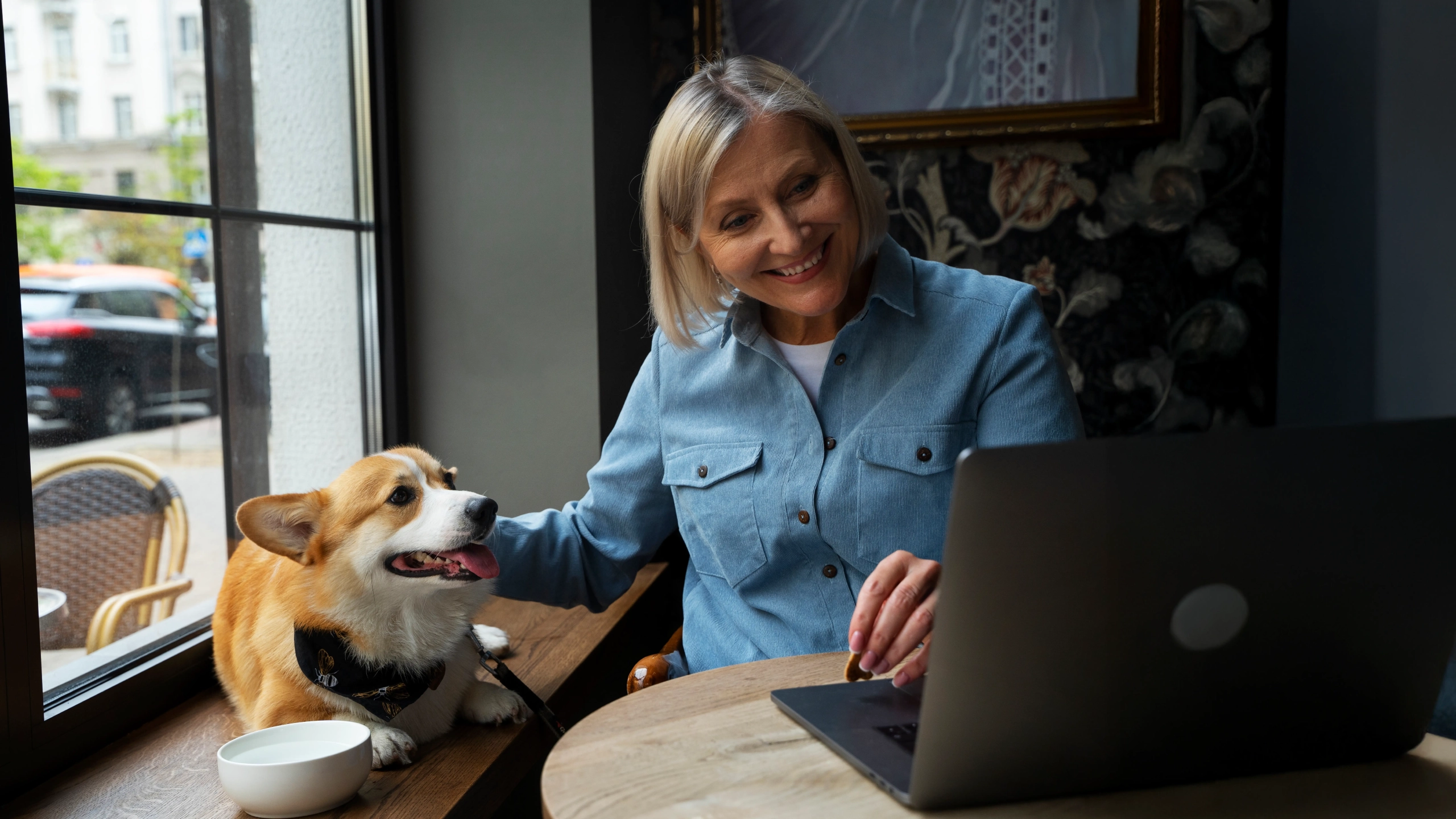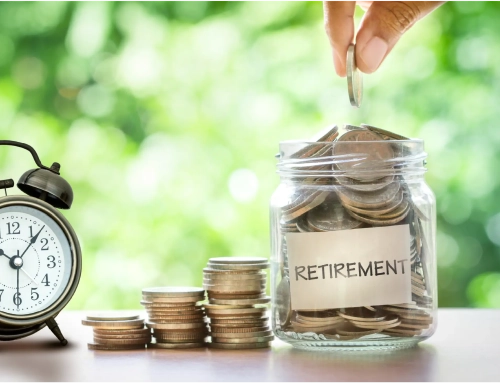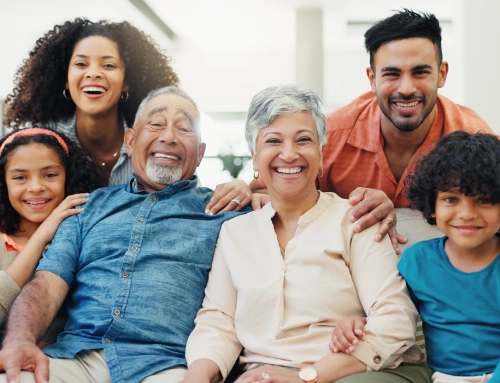Here’s What You Need to Know:
Retiring is a milestone that requires careful planning, regardless of your relationship status. However, entering retirement as a single person adds a unique set of considerations. Without a second income or shared household responsibilities, your financial and lifestyle choices must be even more intentional.
At mCubed, we work closely with individuals navigating retirement on their own, helping them build a future that’s financially sound, emotionally fulfilling, and well-prepared. Whether you’re months away from retiring or already enjoying the freedom, here’s what to keep in mind.
Before You Retire
Work With a Financial Adviser
Whether you’re single or partnered, one of the most valuable steps you can take is to work with a qualified, authorised financial adviser. They offer more than just number crunching; they provide an objective lens on your decisions, helping you assess your mindset, build discipline, and stay aligned with a long-term financial strategy.
Your retirement plan should fit into a broader, holistic view of your financial life, and a trusted adviser can help bring that vision together.
Define Your Future Lifestyle
Retiring looks different for everyone, and that’s exactly why it’s important to shape your vision for what this next chapter will look like. For some, it may mean full rest and relaxation. For others, it could involve staying engaged through consulting, volunteering, or even starting a small passion-based business.
The important thing is to plan with purpose. Ask yourself:
• Where do I want to live now, and in the years to come?
• Will I have the energy and resources to relocate if needed?
• What kind of transport will suit my lifestyle and budget?
It’s wise to tackle major lifestyle decisions while you’re still able to do so comfortably, before health, energy, or budget limitations make them more difficult. And while it’s natural to want to maintain a certain standard of living, it’s equally important to stay grounded in what’s financially sustainable. Retiring is meant to bring peace of mind, not pressure to keep up appearances.
Invest in Your Health Now — It Pays Off
Good health is one of the most valuable assets you can have when retiring. The habits you build now, like regular exercise, a balanced diet, and routine check-ups, don’t just improve your quality of life; they also help you avoid steep medical expenses down the line.
Longer life expectancy is something to celebrate, but it also means your retirement income needs to last longer. The healthier you are, the more flexibility you’ll have in choosing the right financial solution for your future. Think of healthy living today as an investment in both your lifestyle and your financial freedom later.
Prepare for Emergencies and Dependants
As a single person, you may not have the financial cushion of shared expenses or a second income, which means your savings plan needs to work even harder. Planning becomes even more important, especially if you have dependants who rely on your support.
Here’s what to prioritise:
• Emergency fund – Accessible savings for unexpected costs
• Income protection – Including retrenchment, disability, or dread disease cover
• Dependants – Financial support structures if others rely on you
• Estate planning – Keep your will updated and ensure someone knows where to find your key documents and instructions in case you fall ill or become incapacitated
Having these building blocks in place can provide peace of mind, knowing that you and those who rely on you are protected no matter what life throws your way. It’s about creating resilience in your retirement plan so that you’re always one step ahead.
After You Retire
Put Support Structures in Place
Independence doesn’t mean being alone. Build a reliable network of contacts you can reach out to for help, whether it’s a mechanic, a health professional, or a neighbour. Having these names and numbers close by can make a big difference when you’re not feeling well or need a quick favour.
Keep Your Body and Mind Active
Staying active, both physically and mentally, can significantly improve your quality of life in retirement. Consider taking up new hobbies, enrolling in a course, or joining a local club. Learning new things helps keep your mind sharp and may even reduce medical costs over time. It also supports emotional well-being and helps maintain social connections.
Stay Informed and Safe Online
Digital literacy is increasingly important, especially as cybercrime targets more retirees. Keep up with technology and current events, not just for social engagement but to protect yourself from scams.
Make a habit of:
• Learning about common online fraud tactics
• Verifying messages or calls before sharing personal information
• Using strong passwords and secure devices
Staying curious and open-minded is one of the best defences against being taken advantage of in the digital world.
Review Your Finances Every Year
Even after retiring, your financial planning doesn’t stop. Annual reviews ensure your plan still aligns with your needs and goals. Consider putting a power of attorney in place so someone you trust can make decisions on your behalf if you become unable to do so.
Final Thoughts
Retirement is a new chapter, one filled with opportunities for reinvention and freedom. But it also requires thoughtful planning, especially if you’re navigating it solo. At mCubed, we understand that every client’s journey is unique. Whether it’s building a personalised retirement strategy or preparing for the unexpected, we’re here to support you every step of the way.
Retirement should feel like freedom, not uncertainty







